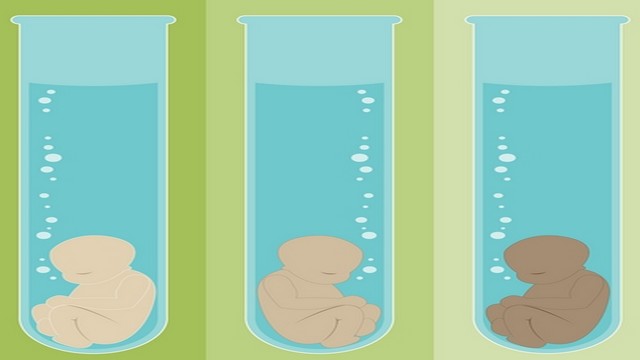Older Fathers and Grandfathers May Pass on Longevity to Children

Article written by guest writer Rin Mitchell
What’s the Latest Development?
According to researchers at Northwestern University, men who become fathers at an older age pass off longevity chromosomes to their children that scientists believe will prolong the child’s life. The chromosomes containing long disposable buffers called telomeres, which protect its ends, have been determined by studies to lengthen one’s life span. A recent study examined the DNA of mothers who gave birth in the early 80’s and the blood of their children—“then compared the children’s telomere lengths to the ages of their fathers and grandfathers when each successive generation was born.” The results indicate the men who procreated later in life had longer telomeres that their offspring inherited. The idea of longer telomeres extending life comes from previous lab tests done on mice, where telomere extension reversed signs of aging in the mice. Researchers do not suggest that men should hold off on procreating, because the older a man is the higher the risk of cognitive issues arising in their children—such as autism, schizophrenia and bipolar disorders.
What’s the Big Idea?
Researchers say that men who put off fatherhood until they are older can extend the life span of their offspring because of longer telomeres. However, the downside of a man waiting too long to procreate could put his children at a higher risk of obtaining mental disorders.





